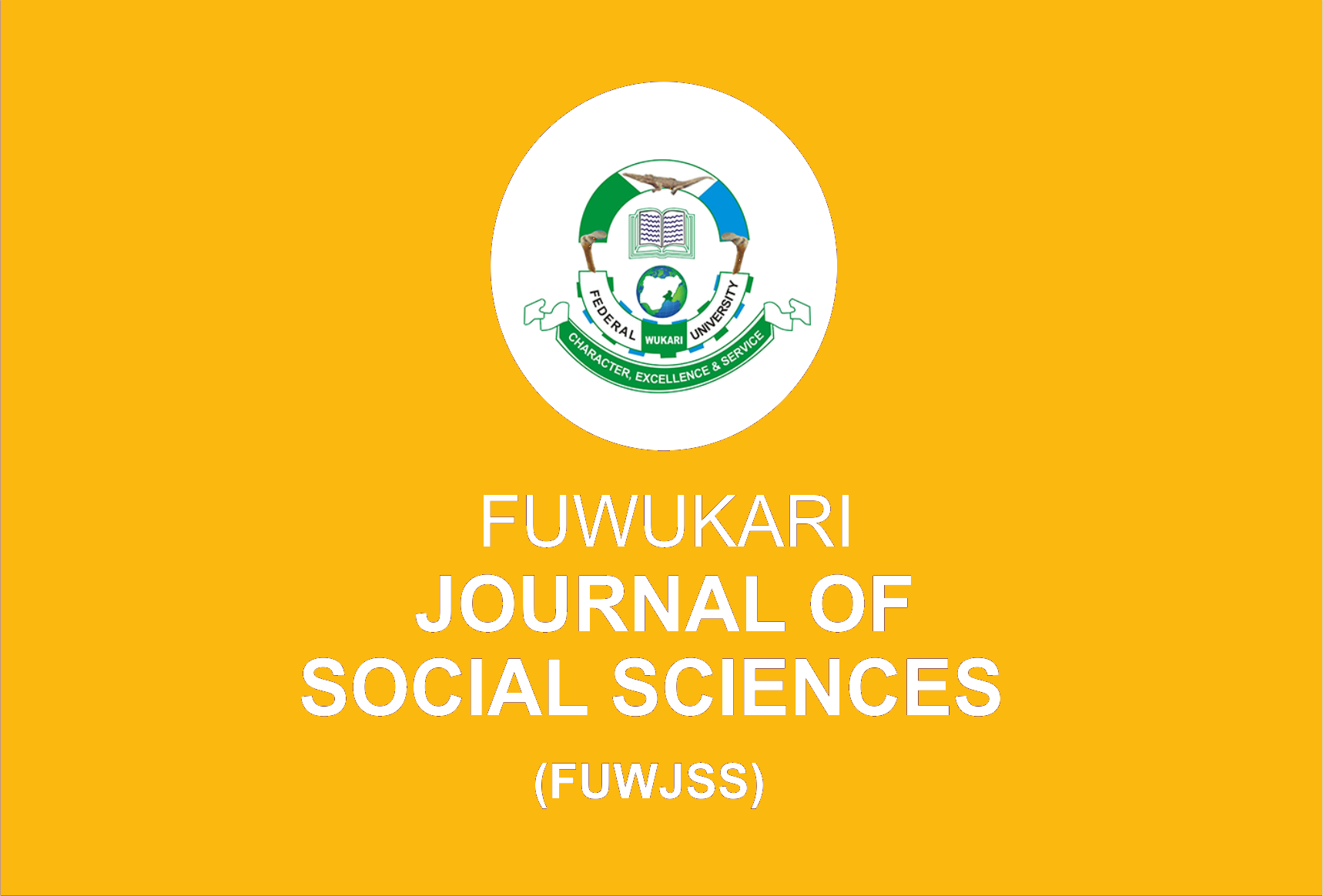Monetization Of Party Primary Elections In North-central Nigeria
Durowaiye Babatunde Emmanuel, Akor-Abagi Mnzughurga
Keywords: Delegates voting, Direct primaries, Democracy, Monetized election, Party primaries
Abstract
This paper investigates the monetization of party primary elections and its social implications in north-central Nigeria. The study used quantitative instrument of data collection and analyses were conducted using frequency counts and simple percentages. Questionnaires were distributed to four hundred (400) respondents. The investment theory of party competition forms the theoretical framework of analyses in the study. The study’s results revealed that monetization of party primary elections result to bad governance, invites injustice and deprive citizens’ franchise. The study concludes that monetization of party primary elections in north-central Nigeria denies the measuring of the credibility and competency of aspirants; thus, leaving the winning of elections to the highest bidders. In this pattern of electioneering, transparency is out of place, democracy is buried, and the right candidates for political positions are rejected. The study recommends that there should be the abolishment of delegates or indirect party primaries and this should be replaced with direct primaries.
Author Biography
Durowaiye, Babatunde Emmanuel
Department of Sociology,Federal University Wukari, Taraba State, Nigeria
Akor-Abagi, Mnzughurga
Wisdom City Institute (Affiliate of Kwararafa University Wukari), Makurdi, Benue State, Nigeria

